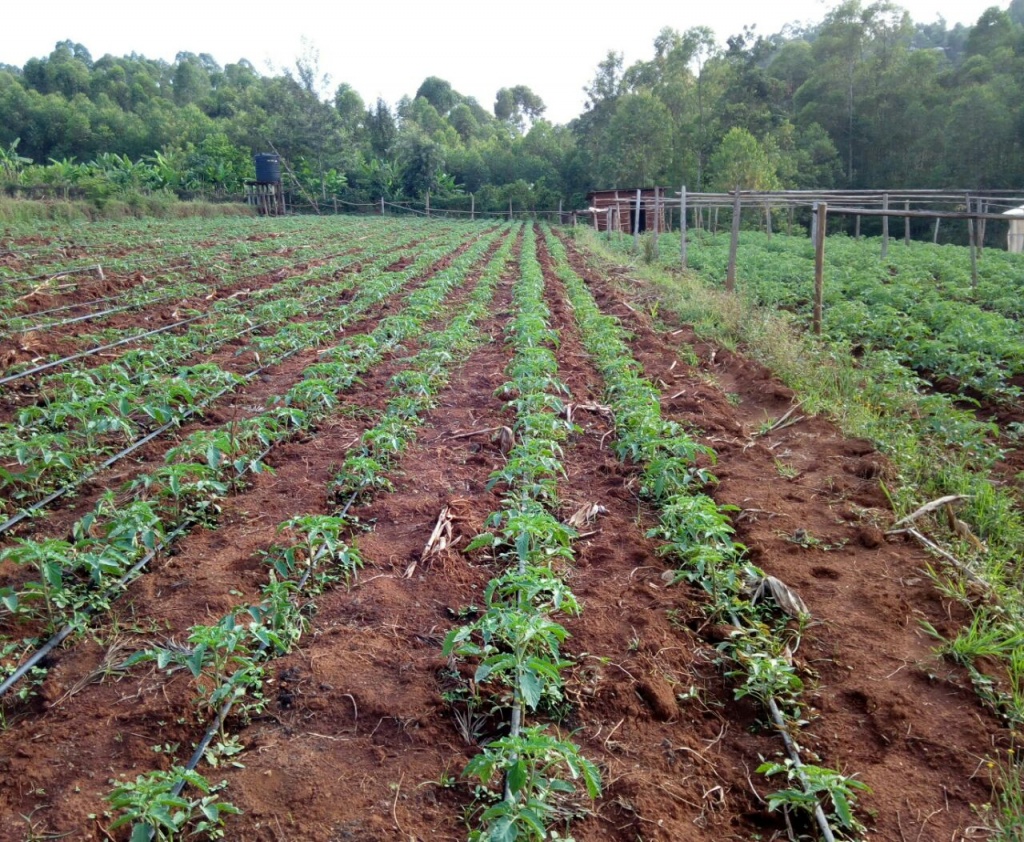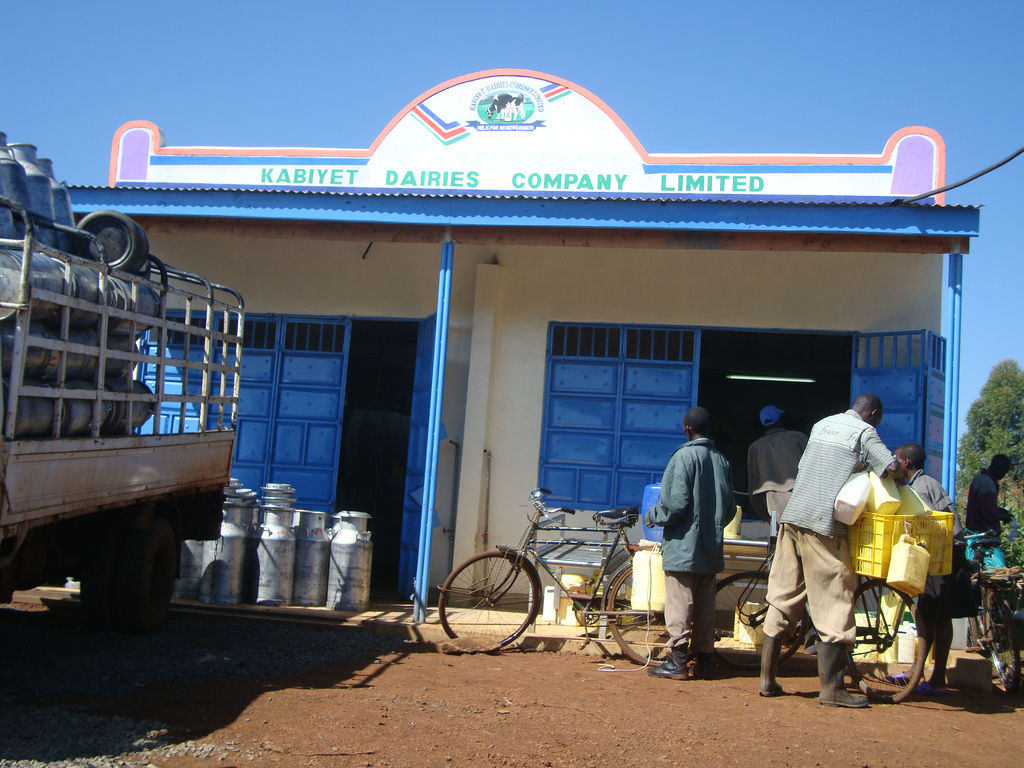
A family in Mukinduri village in Kirinyaga County is making about Sh100, 000 per month on banana farming after abandoning coffee, a crop which was once feted as black gold. This is due to coffee’s dwindling market price and infiltration of unscrupulous business people in the business making it hard for the farmers to fully enjoy their labour.
Four years ago 671,438 bags of coffee were sold as compared to 2016 when the industry witnessed a paltry 568,766 bags of 60kg sold. Export earnings from the sector have also fallen from Sh50.7bn in the 1990s to Sh15.2bn in the recent years due to mismanaged cooperatives among other reasons according to records by Nairobi Coffee Exchange.
RELATED ARTICLE: Ready banana market relieves frustrated coffee farmer
Benson Kinyua Chege and his wife Lidia Wamboi were loyal coffee farmers from 1980s untill 2016 when they decided to change their approach in farming and adopted bananas because of disappointments they faced with coffee farming.
“Besides poor pricing by brokers in the market, we belonged to a farmers’ cooperative which was constantly mismanaged with its leadership changing every time leading to lack of proper accountability and lose of cash,” said Chege.
Lost on what to do next, Chege and the wife visited Kenya Agricultural and Livestock Research Organization (KALRO) extension office in the county to find out about banana farming, especially if it could do well in their area.
There was nothing much to add or change apart from clearing coffee plants from their half an acre piece of land paving way for bananas because the climate was favouring.
RELATED ARTICLE: KALRO selling high quality Banana Tissue culture seedlings
“We bought 40 seedlings of Mbogoya and Uganda Green tissue culture bananas from the organization at Sh100 per seedling spending Sh4000,” said Chege
“Bogoya is grown for ripening while Uganda Green is for cooking.”
Bananas, especially the ripening varieties, thrive well in areas that are 1,200m and 1,600m above sea level, with seasonal rainfall averaging 1,200mm and an average temperatures of 250 Celsius according to the area agricultural extension officer Kenneth Njagi Kiria.
Today Chege and the wife have over 450 bananas in their farm. In day they can harvest 10 bunches of bananas which different traders from Kirinyaga Town come to pick from their farm.
RELATED ARTICLE: Tissue culture banana planting guidelines
“We have almost five different customers who come from town to buy our bananas which they take to bigger markets such as Nairobi, Kisumu and Mombasa,” said Chege.
They sell a bunch weighing four kilograms at Sh500 each giving him Sh5000 daily which translates to Sh150, 000 gross in a month.
“Banana farming requires minimal labour, inputs and capital than most other crops, and I have also realised that its market is wide and readily available than coffee,” said Chege.
RELATED ARTICLE: Banana farmers count on unique fertilizer to increase bunch size, shelf life
According to National Farmers Information Service (NAFIS), bananas are the world’s fourth most important food commodity, after rice, wheat and maize hence the wider market.
Additionally, Chege is currently contemplating of entering into a contract with a community based organization in the county, Integrated Community Organization for Sustainable Empowerment and Education for Development (ICOSEED). It turns banana pseudo stems into fibre that can be used to make fabrics for bags and table mats for cash.
“Nothing should go to waste, soon I will start selling my banana stems too to earn a higher income because the organization pays farmers for the fibre extracted from their banana pseudo stems at Sh25 per Kilogram and this is better than wasting it or leaving it to rot,” said Chege.
RELATED ARTICLE: Banana pseudo stems value addition creating jobs for Kirinyaga women and youth
Write comment (1 Comment)





 '
'










